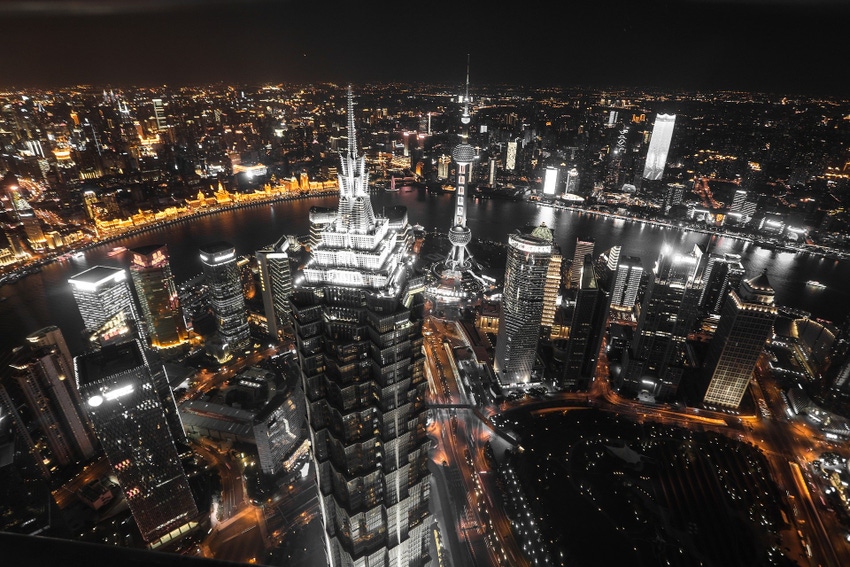China and the US have the world’s most successful AI hubs
China and the US have the world’s most successful AI hubs
January 14, 2020

by Max Smolaks 14 January 2020
San Francisco, New York, Beijing and Shanghai are currently battling it out for the status of the world’s top artificial intelligence hub, according to a study by Accuracy, the global independent advisory firm.
The
analysts
developed a six-factor
ranking system to assess locations in terms of their AI ecosystem,
with the leaders split equally between China
and the US.
Tier
2 locations included
London, Paris,
Berlin, Stuttgart,
Tel Aviv, Seoul, Tokyo, Bangalore, Singapore, Toronto
and Montreal.
The
hubs
To
come up with this list,
Accuracy Looked at availability
of talent, access
to data and computing infrastructure, startup
ecosystem, proximity to other technology companies, availability
of capital and
government support for
AI.
The
firm said Silicon
Valley was in the lead due to an
established focus on
emerging tech and
world-class universities. Accuracy
estimated
that the
region
has historically received 40 percent
of capital invested in AI companies.
In terms of government support, companies in the Bay Area benefit from the AI Roadmap for California, a recent report that recognized the economic and societal benefits of AI and proposed a range of initiatives to encourage adoption in the public sector.
“The
Bay Area has historically benefited from an ecosystem comprising
universities, start-ups, tech companies and venture capitalists. Some
of the largest corporate players have had the expertise, capital and
data to push AI forward. The result is a global powerhouse in AI
development,” said
Roman
Celac, analyst at
Accuracy
and one of the research authors.
However,
he also warned
that “Chinese
AI capabilities may soon match US capabilities in some areas of AI.”
China has recently overtaken the US in AI patent rankings, with 19 of the world's top 50 AI patent filers hailing from China, and just 12 from the US, according to Nikkei. However, the top three spots remain held by American corporations IBM, Microsoft and Google.
“The
US’s head start means it is set to maintain a lead in business AI,
due to its expertise and existing data, while China will take the
lead in consumer AI due to its capabilities in emerging forms of AI
such as deep learning
and
the availability of data from individuals by both private and/or
governmental companies,”
Celac said.
The
superpowers
AI
has emerged as a key technological battleground in the ongoing trade
war between the US and China.
In
2017, China released the “New
Generation Artificial Intelligence Development Plan” that
outlined the ambition to make the
country
the world leader in AI by 2030.
In
February 2019, as
the
trade
war intensified,
the
US replied by announcing the American
AI Initiative designed to ensure “continued American leadership
in Artificial Intelligence” - although
it didn’t outline any specific funding.
And in October 2019, major Chinese AI companies Megvii, Yitu, Hikvision, iFlytek, and SenseTime – the world’s most valuable AI startup – ended up on a list of 28 organizations deemed to be involved in activities “contrary to the national security or foreign policy interests of the United States” by the Department of Commerce. This effectively barred them from importing American technology products and components.
About the Author(s)
You May Also Like
.jpg?width=700&auto=webp&quality=80&disable=upscale)
.jpg?width=700&auto=webp&quality=80&disable=upscale)
.jpg?width=700&auto=webp&quality=80&disable=upscale)
.jpg?width=300&auto=webp&quality=80&disable=upscale)
.jpg?width=300&auto=webp&quality=80&disable=upscale)
.jpg?width=300&auto=webp&quality=80&disable=upscale)
.jpg?width=300&auto=webp&quality=80&disable=upscale)
.jpg?width=300&auto=webp&quality=80&disable=upscale)